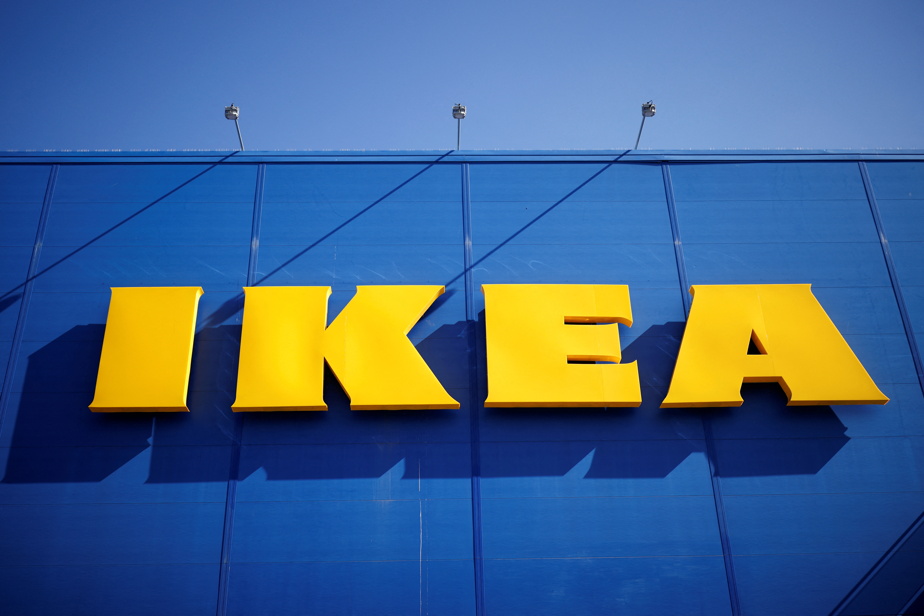(Stockholm) The Swedish furniture giant IKEA is forced to raise prices by an average of 9% in 2022 amid persistent shortages and costly transportation issues in the global economy, the group that owns most of the goods said Thursday.
“Unfortunately, for the first time since higher costs began to affect the global economy, we will have to pass on some of the cost increases to our customers,” said Ingka Group, the IKEA holding company with more than 90% of its stores.
“Like many other industries, IKEA continues to face significant constraints on transportation and raw materials that drive costs, with no disruption expected in the near future. Disruptions are expected for most of 2022,” confirms Engka, who is based in the Netherlands.
By far the main franchise network of IKEA with nearly 400 stores, Ingka is different from another major holding company of the Swedish giant, Inter IKEA, which owns and franchises the brand worldwide.
According to Ingka, the major cost increases related to logistics rates are “mainly felt in North America and Europe”.
The group notes that “the average increase in the Ingka Group will be 9% worldwide, with variations depending on group countries and scope, reflecting domestic inflationary pressures.”
So far, IKEA has absorbed the significant costs from these major logistical tensions, caused in particular by the rebound in demand at the end of the first phase of the pandemic.
The announcement comes against the backdrop of a sharp acceleration in inflation worldwide, driven by deep disruptions in distribution chains and a shortage of products essential for international trade.
This phenomenon was accompanied by a rise in the prices of raw materials (wood, copper, steel) and energy (petrol, gas and electricity).
In the eurozone, inflation reached 4.9% in one year in November, a record high since the introduction of the single currency in 1999.
In the US, prices rose 6.8% last month compared to November 2020, the highest level in 39 years.




